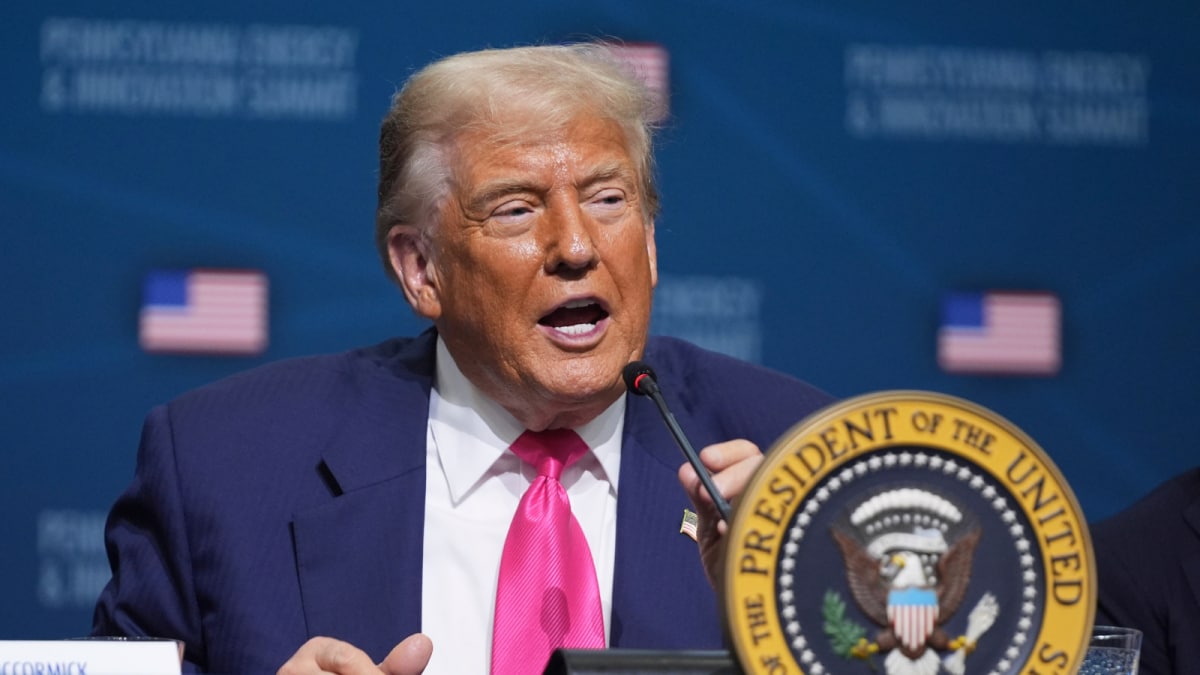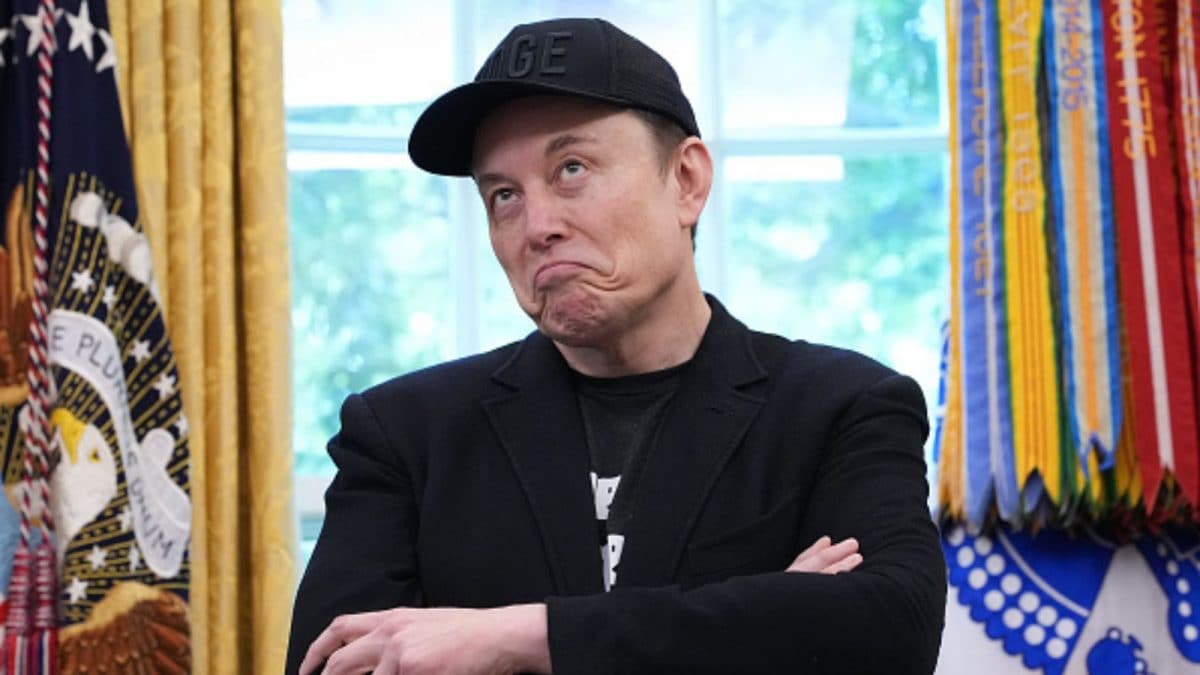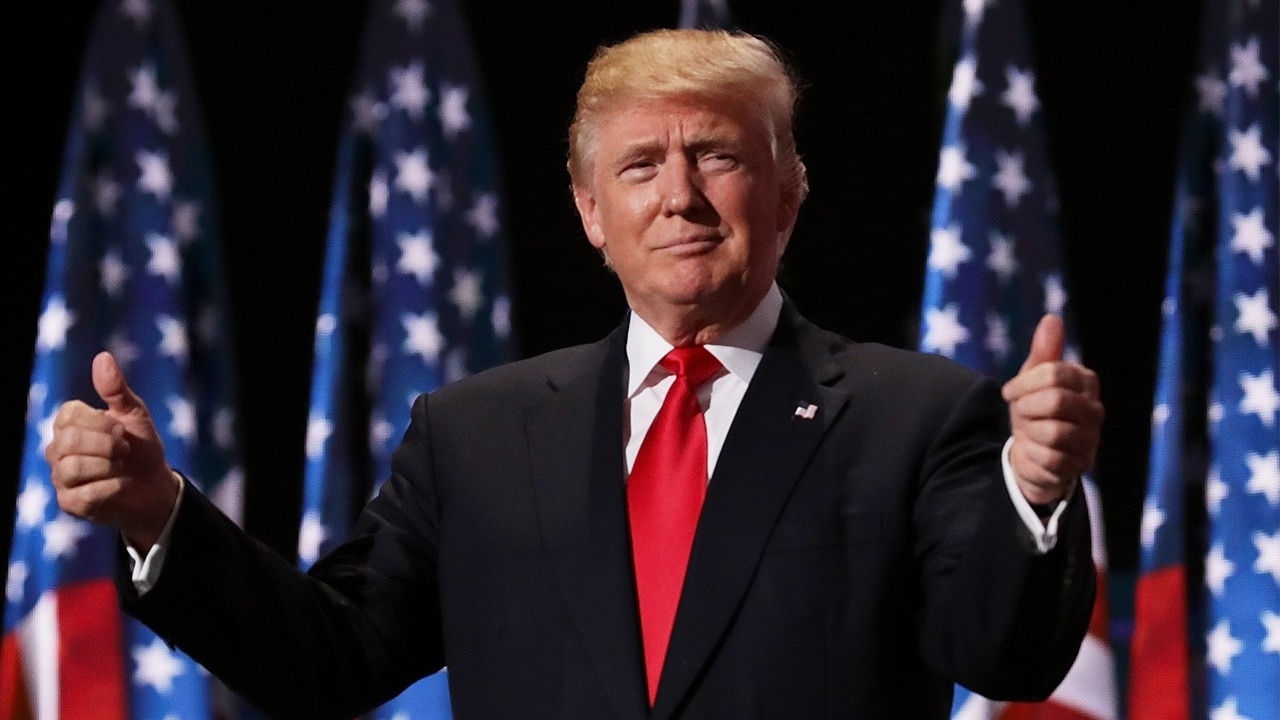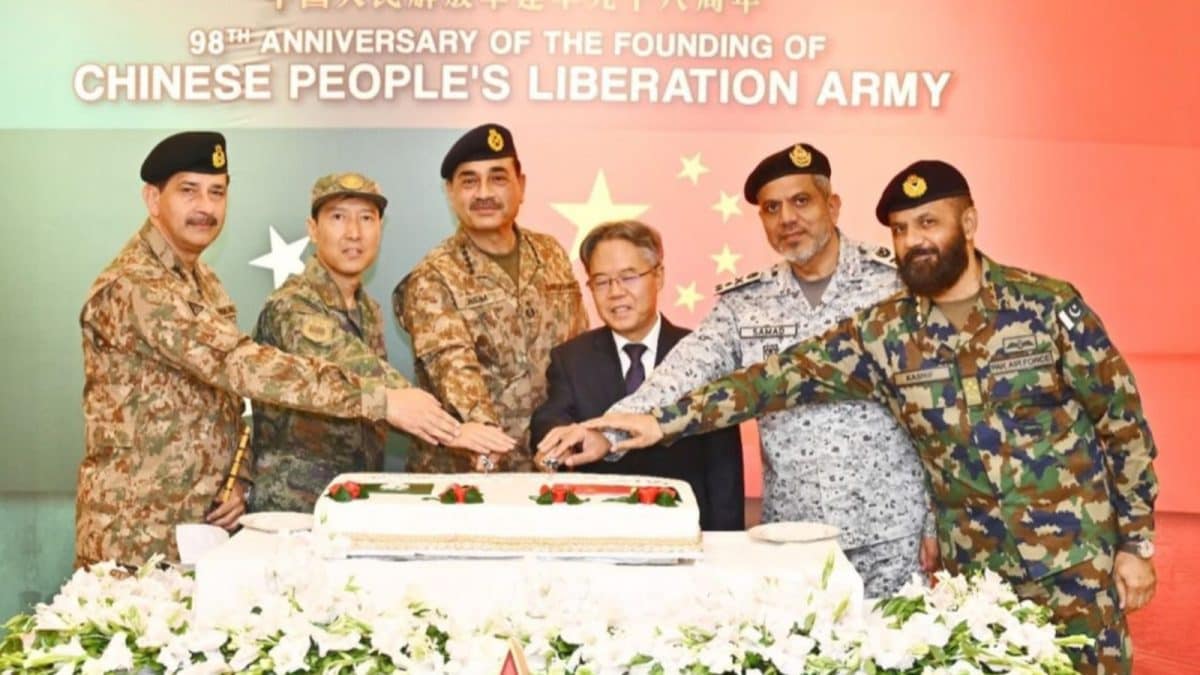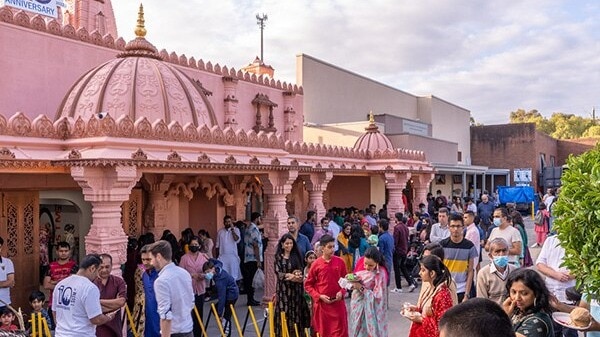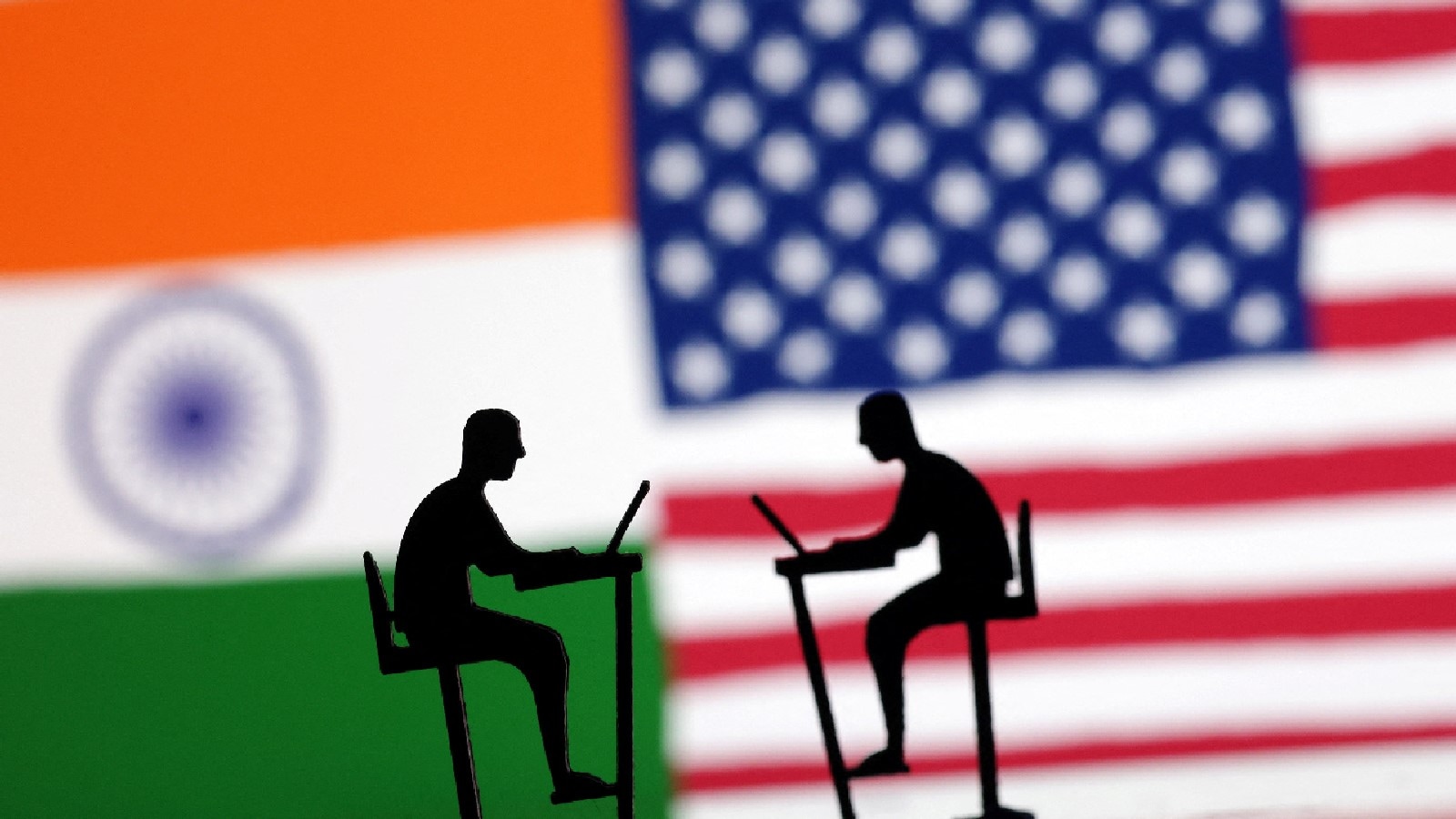Last Updated:June 04, 2025, 17:11 IST
The Bangladesh government on Tuesday revoked the 'Bir Muktijoddha' (freedom fighter) status for Bangabandhu Sheikh Mujibur Rahman, who is the founding father of the nation.

Sheikh Mujibur Rahman was the founding president of Bangladesh. (Reuters/File Image)
The interim government on Tuesday revoked the ‘Bir Muktijoddha’ (freedom fighter) status for Bangabandhu Sheikh Mujibur Rahman, the ousted PM Sheikh Hasina’s father, in a stunning reversal of the founding president’s legacy.
Along with Rahman, the official recognition of over 400 political leaders from the Bangladesh Liberation War, including Syed Nazrul Islam, Tajuddin Ahmad, M Mansur Ali, and AHM Qamaruzzaman, as freedom fighters has also been revoked. These leaders will now be classified as “associates of the Liberation War" (Muktijuddher Shohojogi).
The concerted move came amid concerns that the interim government and detractors of the Awami League were erasing Bangabandhu’s heroic legacy in the 1971 war, which led to the birth of Bangladesh. Following Hasina’s chaotic ouster last year, there have been similar attempts targeting Rahman, including when his residence in Dhanmondi 32 was destroyed by protesters in February.
Who Was Sheikh Mujibur Rahman?
Sheikh Mujibur Rahman, also known as the ‘Father of the Nation’ in Bangladesh, was a towering figure in Asian politics whose struggle for the rights of the Bengali people led to the independence of Bangladesh (earlier East Pakistan) from West Pakistan.
Rahman was born in a small village on March 17, 1920, in the Gopalganj district of modern Bangladesh, which was then under British colonial rule. He became involved in politics during his student life and joined the Awami Muslim League in 1949, which later became the Awami League.
Mujib is considered an important figure in efforts to gain political autonomy for East Pakistan, strongly opposing the political and economic marginalisation of the Bengali people. He launched the Six-Point Movement that became the cornerstone of Bengali nationalism.
Mujib’s Role In 1971 Liberation War
After the 1970 general elections, the Awami League won with a thumping majority under Rahman’s leadership, but the Pakistani military regime refused to hand over power. This move sparked widespread protests and eventually the Bangladesh Liberation War in 1971.
Mujib became a pillar of the Bangladesh Liberation Movement, advocating for independence from Pakistan as thousands of people were inhumanely tortured and killed by Pakistani soldiers. Even after he was arrested and taken to West Pakistan, the struggle continued under his symbolic leadership.
The crisis spilt over into India as millions of refugees crossed into West Bengal, Assam and Tripura. After Pakistan launched pre-emptive strikes on Indian airbases, India intervened and defeated Pakistani forces in collaboration with Bangladesh’s Mukti Bahini, capturing 90,000 soldiers and bringing an end to the war. This marked the birth of Bangladesh.
Post-War And Assassination
Mujib became the first President of independent Bangladesh and sought to rebuild the war-torn country. However, his ambitions were fraught with challenges, ranging from the economy, famine to political tensions. In 1975, he declared a one-party system in a bid to stabilise the country, but the move led to widespread dissent.
On August 15, 1975, Sheikh Mujibur Rahman was assassinated along with most of his family members by a group of Army personnel who had invaded his residence as part of a coup, marking a dark chapter in Bangladesh’s troubled history. The day was annually observed as Mourning Day under Sheikh Hasina’s regime, until she was ousted last year.

Aveek Banerjee is a Senior Sub Editor at News18. Based in Noida with a Master's in Global Studies, Aveek has more than three years of experience in digital media and news curation, specialising in international...Read More
Aveek Banerjee is a Senior Sub Editor at News18. Based in Noida with a Master's in Global Studies, Aveek has more than three years of experience in digital media and news curation, specialising in international...
Read More
Dhaka, Bangladesh
First Published:News world Who Was Sheikh Mujibur Rahman And Why Is He Called The Father Of Bangladesh?

 1 month ago
1 month ago
